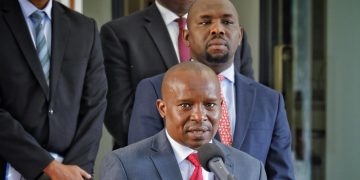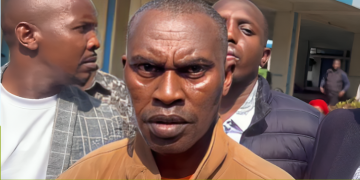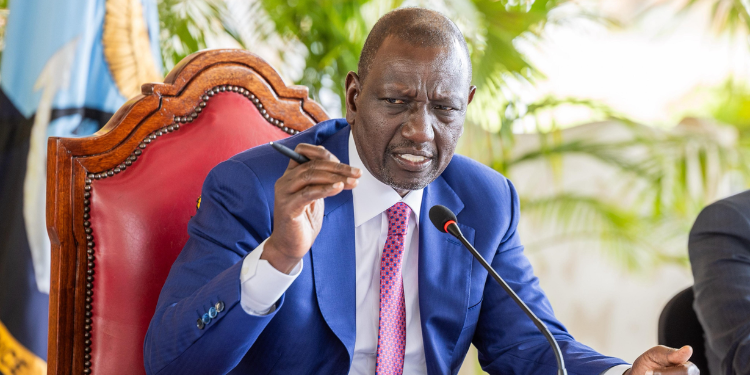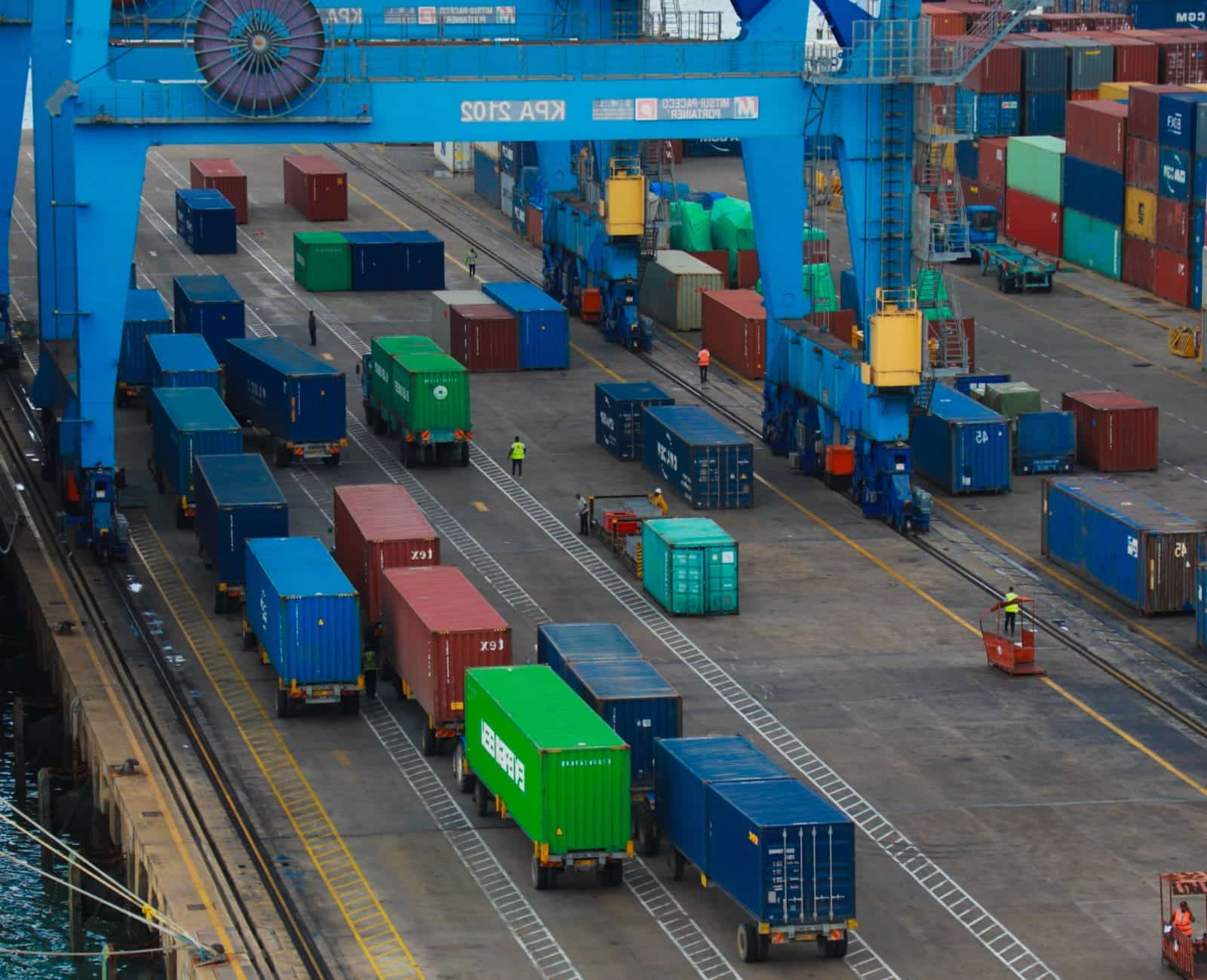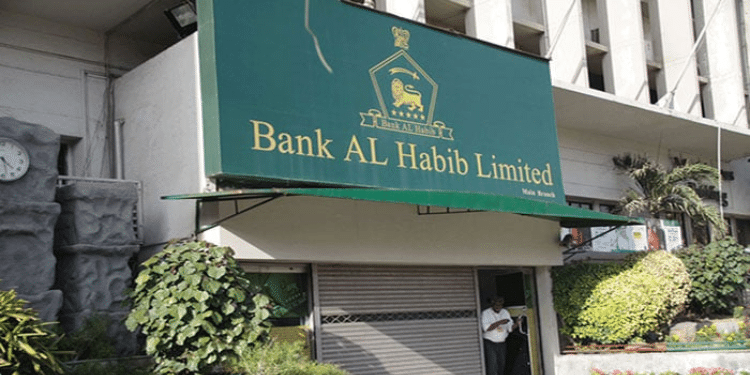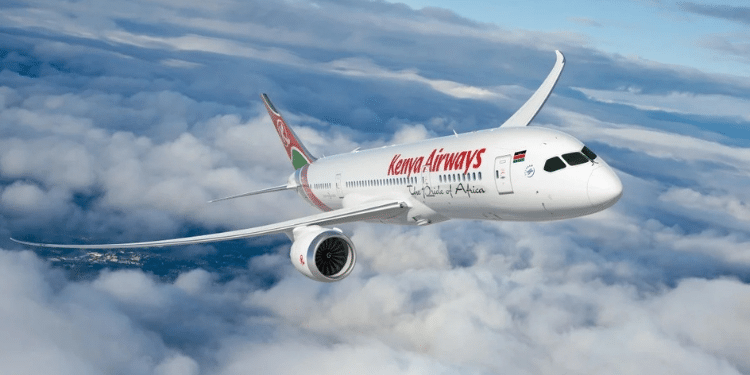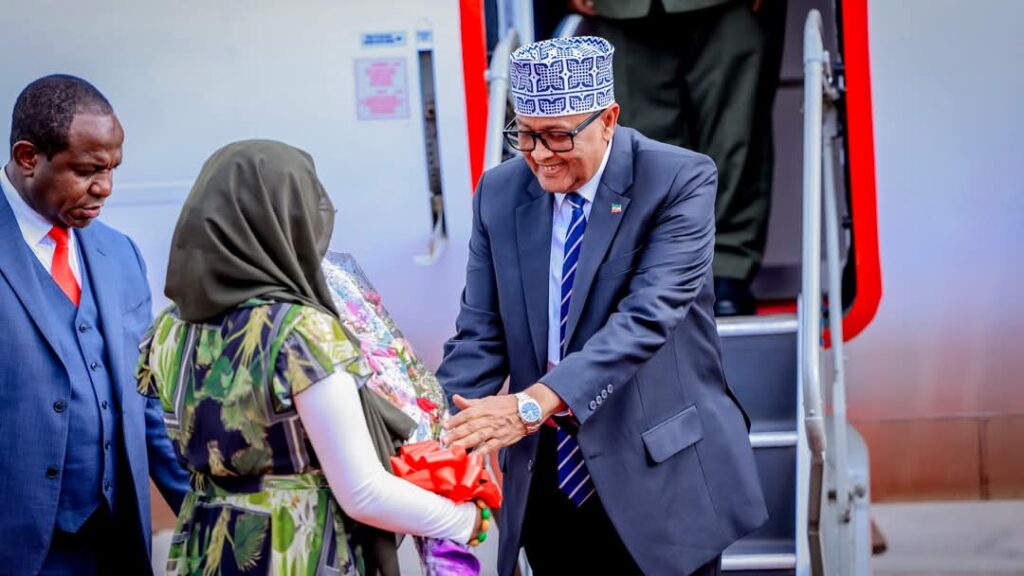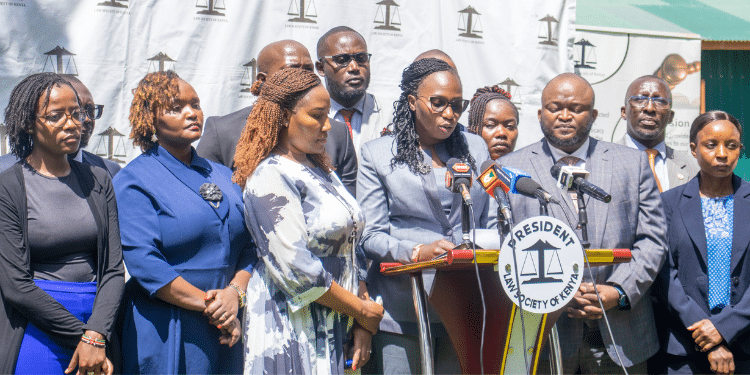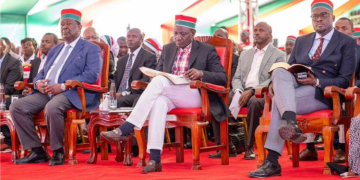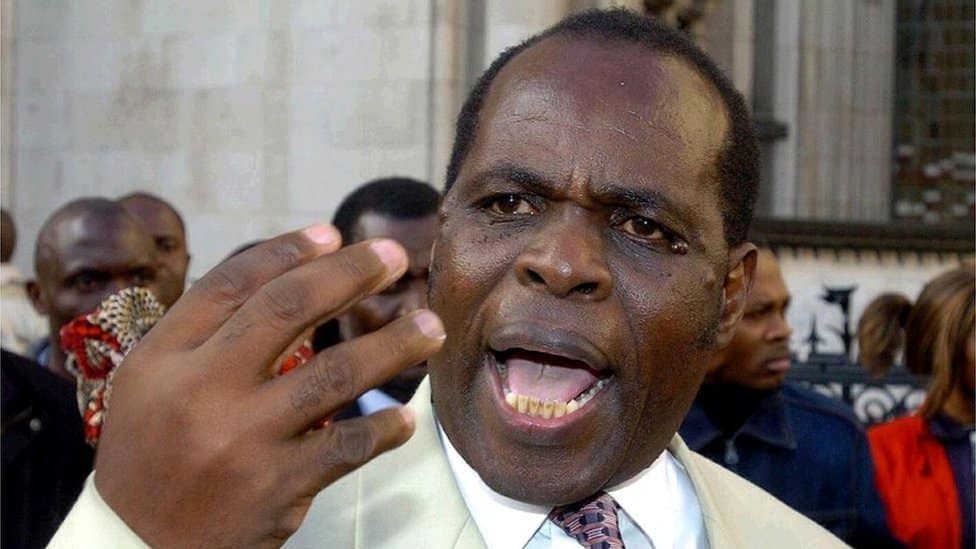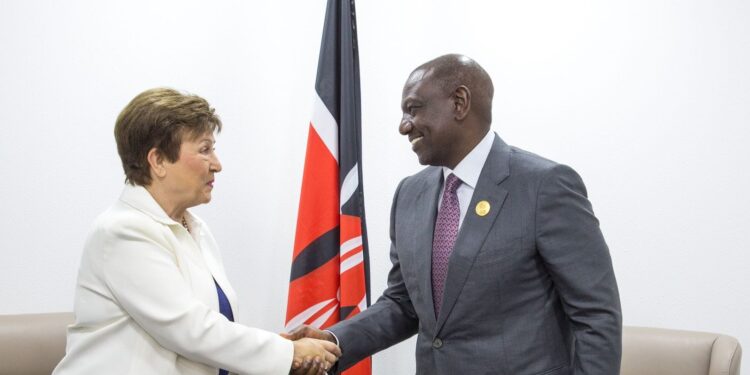The International Monetary Fund (IMF) has expressed concerns over the violence witnessed during the anti-tax protests in Kenya.
In a statement by Director of Communications Julie Kozack, IMF noted that it was concerned about loss of lives and injuries due to the protests held in the country’s capital and other major cities.
The multilateral lender also reiterated its commitment to helping Kenya chart its path towards robust and inclusive growth.
The IMF noted that its main goal has been to support Kenya in its quest to overcome the difficult economic challenges it faces and improve the country’s economic prospects.
“We are deeply concerned about the tragic events in Kenya in recent days and saddened by the loss of lives and the many injuries,” read part of the statement by IMF’s Director of Communications.
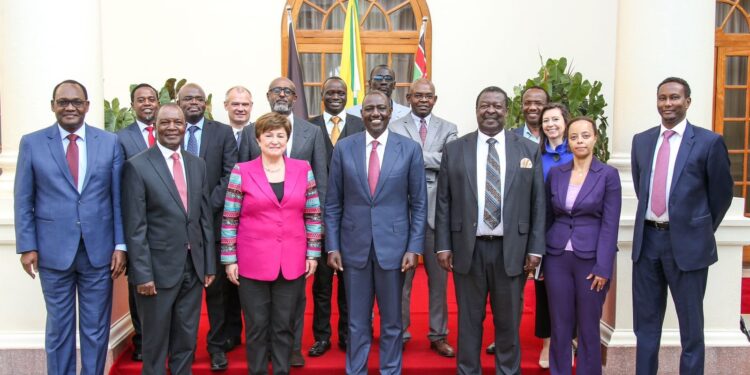
“We are committed to working together with Kenya to chart a course towards robust, sustainable, and inclusive growth.”
IMF handwriting on Finance Bill
The statement came amid concerns that the IMF had influenced some tax proposals contained in the Finance Bill 2024.
Recent years have seen Kenya renew its ties with the international lender after a period of grappling with liquidity challenges.
In November 2023, for instance- IMF announced a staff-level agreement with Kenya that unlocked immediate access to a $682.3 million tranche.
Later in May 2024, Central Bank of Kenya (CBK) Governor Dr Kamau Thuggee announced that Kenya would receive Ksh131 billion from IMF in June.
The disbursements have been part of an IMF program that dates back to 2021 and is expected to continue until May 2025.
Also Read: What Next? Experts Explain What Ruto’s Withdrawal of Finance Bill 2024 Means
In return, however, Kenya has had to adopt measures aimed at raising more revenue to ensure sustainability in line with the multilateral lender’s advisory.
While the disbursements were meant to alleviate the liquidity pressure facing the country, some of the tax proposals including one to impose VAT on bread and taxes on cooking oil sparked concerns over the potential impact to the citizens.
On Wednesday, June 26, President William Ruto announced his decision to decline signing the Finance Bill 2024 into law that had been passed under controversial circumstances.
In his speech, the President listed some of the sectors likely to be affected including agriculture and education as the government now mulls adopting a leaner budget.
Also Read: Ruto Withdraws Finance Bill 2024, Gives Way Forward
In addition, the President announced plans to implement more austerity measures including scrapping of renovation budgets in the executive.
“I propose that equally, Parliament, the Judiciary and County Governments working with the National Treasury also undertake budget cuts and austerity to ensure that we do what I have always advocated for, that we live within our means,” read part of the speech.
Focus now shifts to the National Assembly which is expected to make the final determination on the bill’s fate.
The President has no mandate of withdrawing a passed bill and can only revert it for reconsideration.


